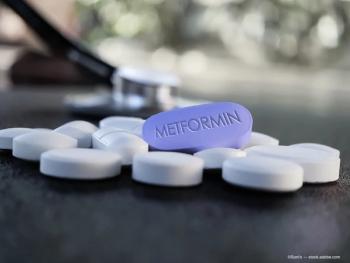
Using Steroids in DME Treatment
Experts discuss the use of steroids, particularly in the context of diabetic macular edema (DME). The inflammatory nature of DME reveals the effectiveness of steroids, especially in cases where persistent fluid remains despite anti-VEGF treatment.
Episodes in this series

Summary
Experts discuss the use of steroids in the treatment of diabetic macular edema (DME). They agree that steroids can be beneficial in DME due to its inflammatory nature, especially in patients with persistent fluid despite anti-VEGF treatment. However, they note that steroids are often added later in the treatment course in the United States compared to other countries like Italy and Japan. The physicians acknowledge the potential adverse effects of steroids, such as cataract formation and increased intraocular pressure, particularly in younger patients. Despite these risks, they emphasize the importance of considering steroids earlier in the treatment regimen for DME patients, especially in non-pseudophakic patients, as steroids can target a broader range of cytokines beyond VEGF. They both express support for the use of steroids in diabetic retinopathy or DME, while noting that steroids are not indicated for age-related macular degeneration (nAMD).
This summary was AI-generated and edited for clarity.
Newsletter
Don’t miss out—get Ophthalmology Times updates on the latest clinical advancements and expert interviews, straight to your inbox.






























